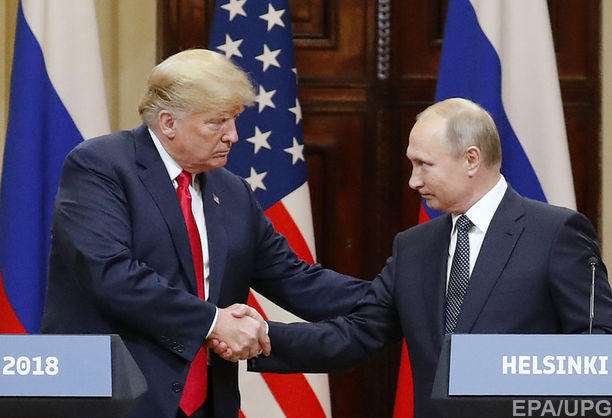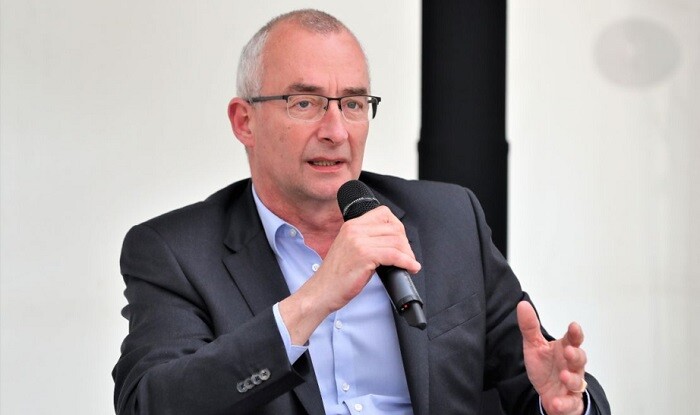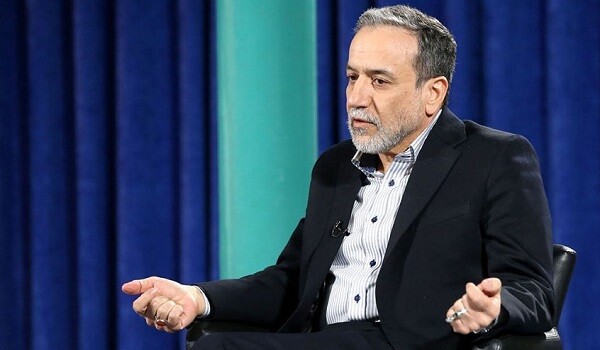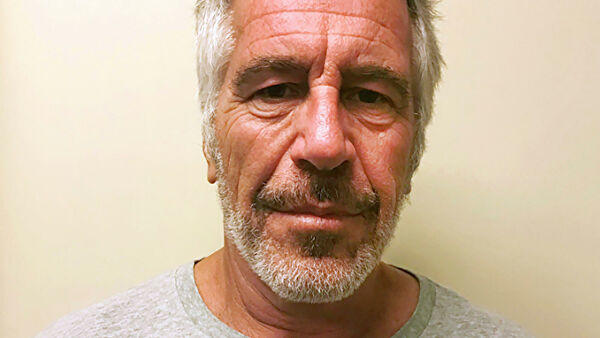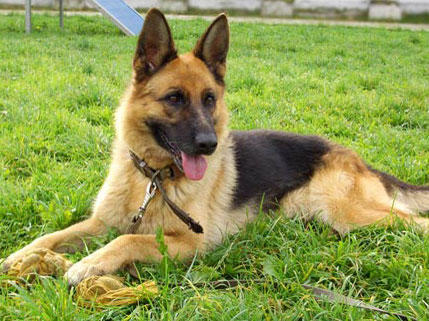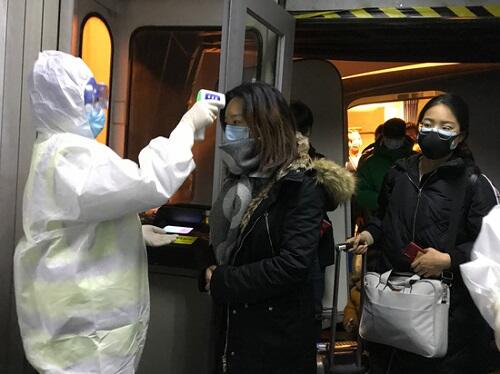If you ask most experts in the cancer community, creating a wide-ranging vaccine that prevents tumors like we prevent infectious diseases is damn near impossible.
Axar.az reports citing CNN.
The idea may be tantalizing, but study after study over the last several decades has taught doctors that cancer is personal. Everyone's looks different on a molecular level. And each tumor is an agile, devious adversary that mutates as it grows to outwit the human immune system.
"They may be right," Stephen Johnston says, but "if the chance is 10% that it might work, I can't see any reason why we shouldn't take that chance."
Johnston isn't an oncologist. He's a scientist, inventor and director of Arizona State University's Center for Innovations in Medicine. He recently launched a clinical trial to test a cancer vaccine in hundreds of dogs across the country. The trial will examine whether the vaccine delays or prevents a variety of cancers in healthy, older dogs. If it's successful, Johnston says, it could lay the groundwork for developing a similar vaccine for humans.
Why dogs?
Johnston initially wanted to test the vaccine in humans, but the cost and approval process were proving to be major roadblocks. Then Johnston met veterinarian Doug Thamm. Thamm is a cancer survivor and director of clinical research at Colorado State University's Flint Animal Cancer Center.
"Cancer is actually the leading cause of death in adult dogs," Thamm says. "They develop these tumors spontaneously as a result of old age in a way that's very, very similar to the way humans do."
There are two possible outcomes, says Thamm. "One is there is less cancer in the dogs that get the vaccine. That would be a huge victory."
"A second outcome that could be, I would argue, almost as valuable, is if we delay the onset of cancer. If we have a 9-year-old dog who would normally get cancer at 10 and instead that dog doesn't get cancer until 12, that's two more years of healthy life that we can potentially provide."
Of course, there's a third possibility: that the vaccine doesn't work at all.
Thamm emphasizes that they are not inducing cancer in the dogs participating in the trial; the dogs will be given the vaccine and then followed in their normal environments for the next several years.
Two vaccines have also shown themselves to be effective in preventing cancer: the human papillomavirus (or HPV) vaccine, which can prevent cervical cancer, and the Hepatitis B vaccine, which can help prevent liver cancer. But those vaccines work by fighting against the viruses that cause cancer, not cancer itself.
Even if the vaccine works in dogs, the team has a long road ahead to get approval for a human clinical trial. Animal testing is often unpredictable, and the vast majority of drugs tested in animals are never approved by the FDA for use in humans because they are deemed unsafe or ineffective.
